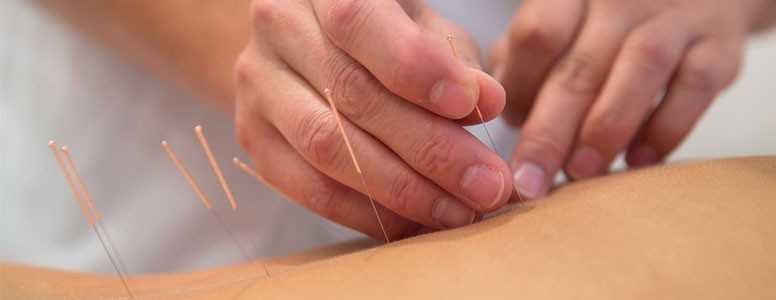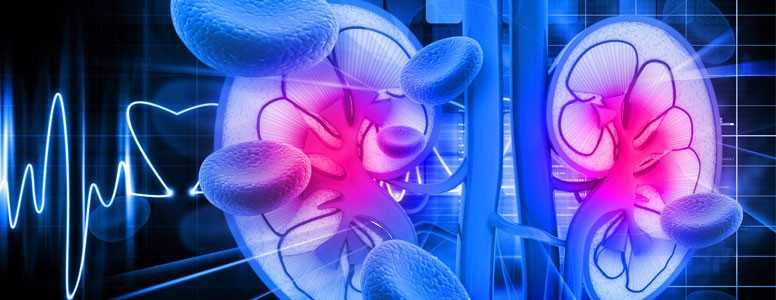An electric form of acupuncture could help to regulate blood glucose levels in overweight women who struggle to exercise, new research shows.
Electroacupuncture was developed in the 1990s and helps to support muscle contractions through the application of a small electric current passed between pairs of acupuncture needles.
Now an international study has suggested that the technique could improve blood sugar levels among those who find it hard to exercise for health reasons, making it an interesting avenue of research for prediabetes.
The findings could also be beneficial for women who have polycystic ovarian syndrome (PCOS), a common hormonal disorder linked to prediabetes and an increased risk of type 2 diabetes.
Lead researcher Dr Elisabet Stener-Victori, from Karolinska Institutet, based in Stockholm, Swede, said: “This study has the potential to gain better quality of life for patients with prediabetes and reduced capacity to regulate blood sugar levels, especially for those who have difficulties performing voluntary exercise.”
Researchers examined women who were either overweight or obese women, some of whom had PCOS, and recorded differences in blood glucose levels while electroacupuncture took place, and then 45 minutes afterwards.
Blood glucose levels were improved in both groups after the treatment. In a separate study the research team then examined rats to explore the uptake of blood glucose and assess the mechanisms behind electroacupuncture.
They discovered that muscle contractions brought on by the electric acupuncture activated the autonomic nervous system, which is part of the nervous system responsible for the control of bodily functions.
The researchers concluded: “A single bout of EA [electroacupuncture] increases whole-body glucose uptake by activation of the sympathetic and partly the parasympathetic nervous systems, which could have important clinical implications for the treatment of insulin resistance.”
The study has been published online in the FASEB Journal.
What's new on the forum? ⭐️
Get our free newsletters
Stay up to date with the latest news, research and breakthroughs.






